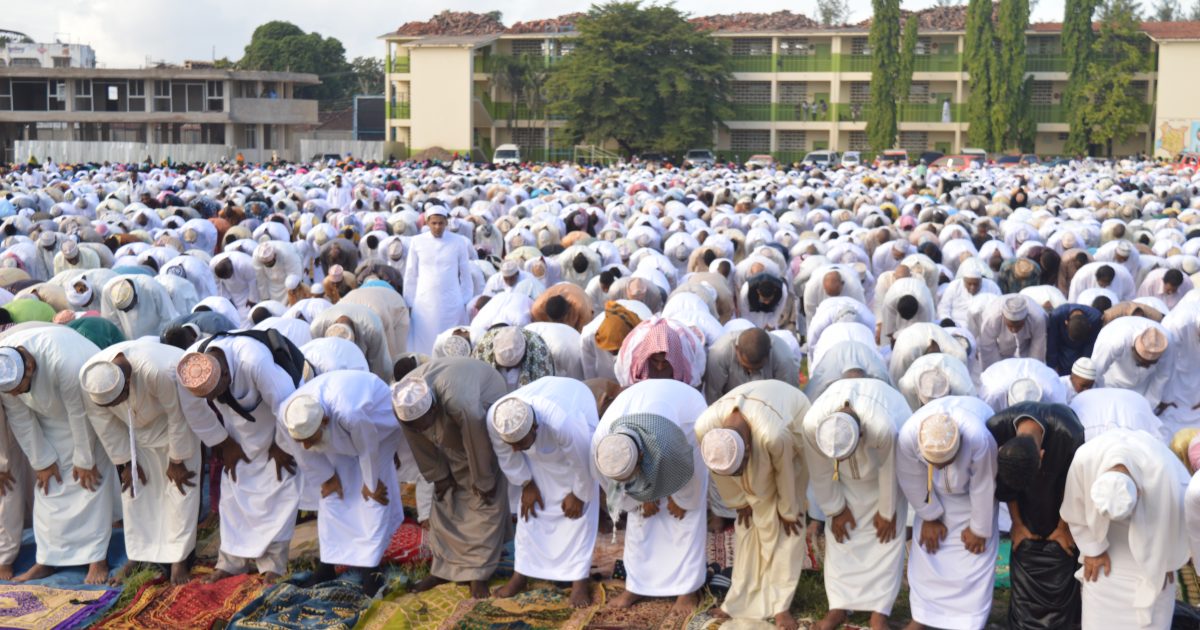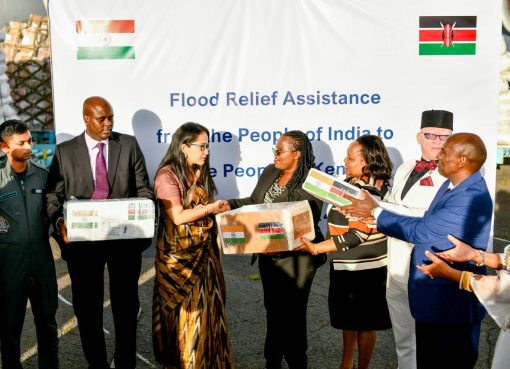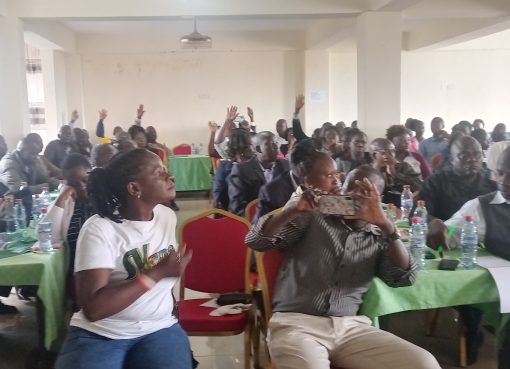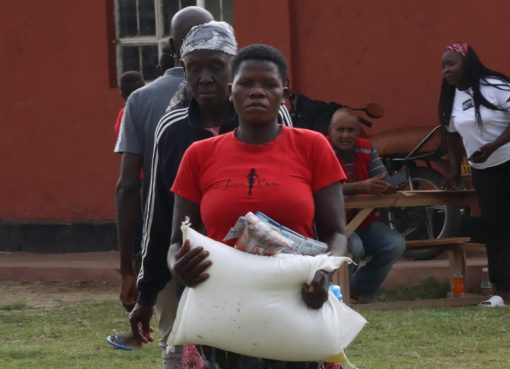The Muslim fasting holy month of Ramadhan enters the last crucial ten days today in which Muslims belief it’s the period that conceals the Night of Power when the holy Koran was first revealed to Prophet Muhammad.
‘Laylat al-Qadr’ known as the ‘Night of Power’ is believed to be the date when the Koran was revealed to Prophet Muhammad in 609AD and is considered to be the holiest day on the Muslim calendar.
Muslims around the world are in a subdued mood occasioned by the ongoing novel coronavirus (covid-19) pandemic as they prepare to enter the final 10 days, the last ten days of Ramadhan where one night is 1,000 times more divine than other blessed nights of the holy month.
”And what will explain to thee what the Night of Power is? The Night of Power is better than a thousand month,” (Koran 97:2-3).
The Night of Power falls in the holy fasting month Ramadhan on one of the last 10 days each year, changing according to the Muslim lunar calendar.
Mosques across the coastal city of Mombasa are set to be bereft of believers who usually stay inside the prayer halls for the last days as Ramadhan enters the final phase due to the ban on gatherings in places of worship.
Council of Imams and Preachers of Kenya (CIPK) Organising Secretary Sheikh Mohamed Khalifa says Muslims traditionally spend the night in prayer and devotion in mosques but which sadly would not be the case due to the unprecedented restrictions occasioned by the pandemic.
He asked Muslims to pray at home as the authorities steps up measures to fight the spread the novel virus in the country.
Sheikh Khalifa said the holy Prophet has said Ramadhan is the month, whose beginning is mercy, its middle forgiveness and its end emancipation from the fire (of hell).
Ramadhan is one of the five pillars of Islam in which Muslims abstain from food, drinks and bodily pleasures from dawn to dusk for a 30 day period.
He said the Night of Power is an honour and special gift to the Muslim community and the prophet’s mission began in the month of Ramadhan on that Night.
He said faithful should continue to respect prayer restrictions in mosques amid the coronavirus fears especially now that covid-19 cases persist in Mombasa.
Muslims further belief that the Power implies measurement, that all the events of the year will occur in accordance to the exact measurement of what is in the knowledge of Allah as stated in the holy Koran, ”Verily, all things have We created in proportion and measure,” (Koran, 54:49).
Ordinarily Muslim faithful stream to the mosques at night in the last crucial ten days to devote themselves to special deeds and say special Ramadhan nightly prayer ‘Tahajjud’.
Tahajjud is generally regarded as sunnah (tradition) and not farḍ (obligation).
The exact date of the Night is however concealed thus Muslims double up their efforts in the last days but there is evidence that the night comes on the odd nights.
In a Hadith (Sayings) of the prophet quotes, ”Seek it on the odd nights of the last ten days of Ramadhan,” (Vol.3:1290).
Residents interviewed by KNA expressed their displeasure that the coronavirus has stopped communal Muslim prayers for the first time in living memory in mosques across the globe.
Local mosques which would usually be crowded around this time of Ramadhan to offer the nightly prayers would be silent and empty.
Across Mombasa only the imam and the muezzin who often calls the faithful to prayers offer the prayers inside the mosques instead of the hundreds of worshipers who normally attend.
By Hussein Abdullahi
Muslim Ramadhan Enters Crucial Phase





